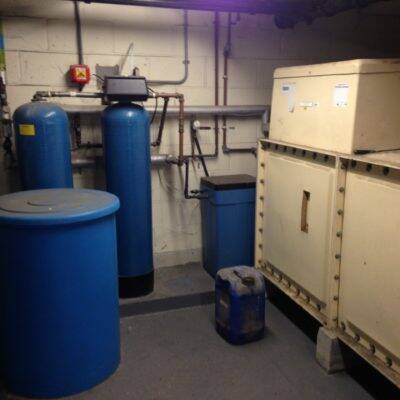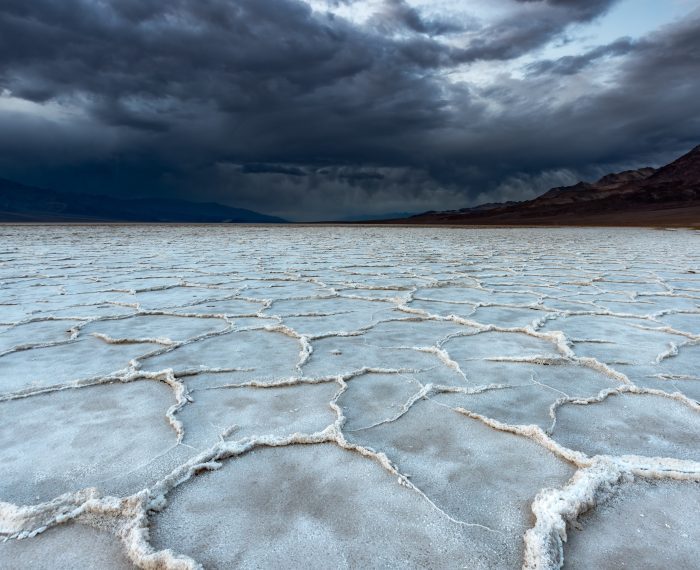A diligently maintained salt softener deals with limescale but it does come with a set of problems. There is a real pressure and drive to focus on how our actions affect our environment. What is the impact caused by salt softeners? In this article we’ll explore the reasons why some states in the U.S have banned or restricted the use of salt softeners and whether this may be a trend that will catch on in the UK.
How Water Softeners work
So how do salt softeners actually work? The primary mechanism used by salt based softeners system is called ion exchange. Within the salt softener are resin beads and salt molecules adhere to these beads. The hard water passes through and the minerals, calcium and magnesium, switching places with the salt molecules producing mineral free water. However these salt molecules, most often in the form of sodium chloride, are then discharged into the water system and this is where the problem lies.

The Environmental Damage Caused by Salt Softeners
The increasing levels of chlorides in freshwater systems is a growing problem, especially in areas where water is scarce. The salt flowing into the water ways comes from a wide range of sources. From salt used in de-icing roads, pollution, chemical run off and, in some areas, ion-exchange salt softeners. A 2018 study found that over a period of 25 years at least a third of U.S streams and rivers had gotten saltier. Not only would this affect drinking water but also agriculture as these water supplies will become too salty to be used in irrigation systems.
This goes without mentioning the impact this has on ecosystems, many freshwater species are highly susceptible to increases in salinity. A 2018 study found that 3 out of 4 mayfly species would die out if exposed to water with a tenth of the salt concentration of sea water. Studies on different groups have shown similar outcomes in other species. Clearly the increase in salt content of waterways is a concern.

Bans and Restrictions on Salt Softeners
Currently 6 states in America have implemented some form of ban or restriction on salt softeners. California has enabled regional agencies to ban the use of new, and to phase out the use of existing salt softeners. In 2001 Texas implemented a state-wide ban of softeners. This has since been amended to allow some water softeners if they meet certain criteria. Similar measures have been brought into play by Connecticut, Michigan, Minnesota and Wisconsin. Some Eastern European nations are also examining potential restrictions on softeners.
What Does This Mean for the Consumer?
There doesn’t appear to be any move toward bringing in restrictions on softeners into the UK at the moment. However depending on how our water supply changes in the coming years it isn’t beyond the realm of possibility. But why go for systems which have an environmental impact of this kind when there are many options on the market which are far more sustainable, such as Halcyan. Click the link below to find out more about how Halcyan deals with the problem without salt or any nasty chemicals!




